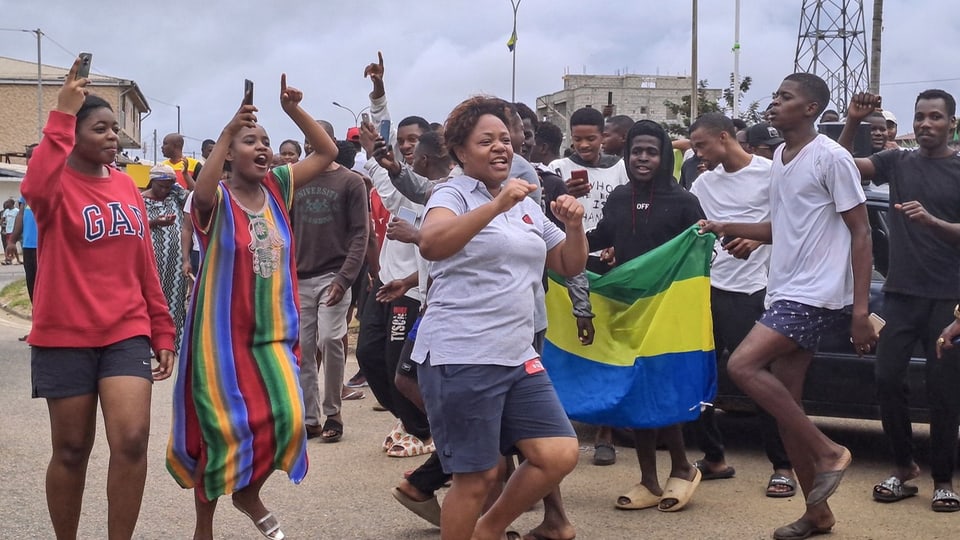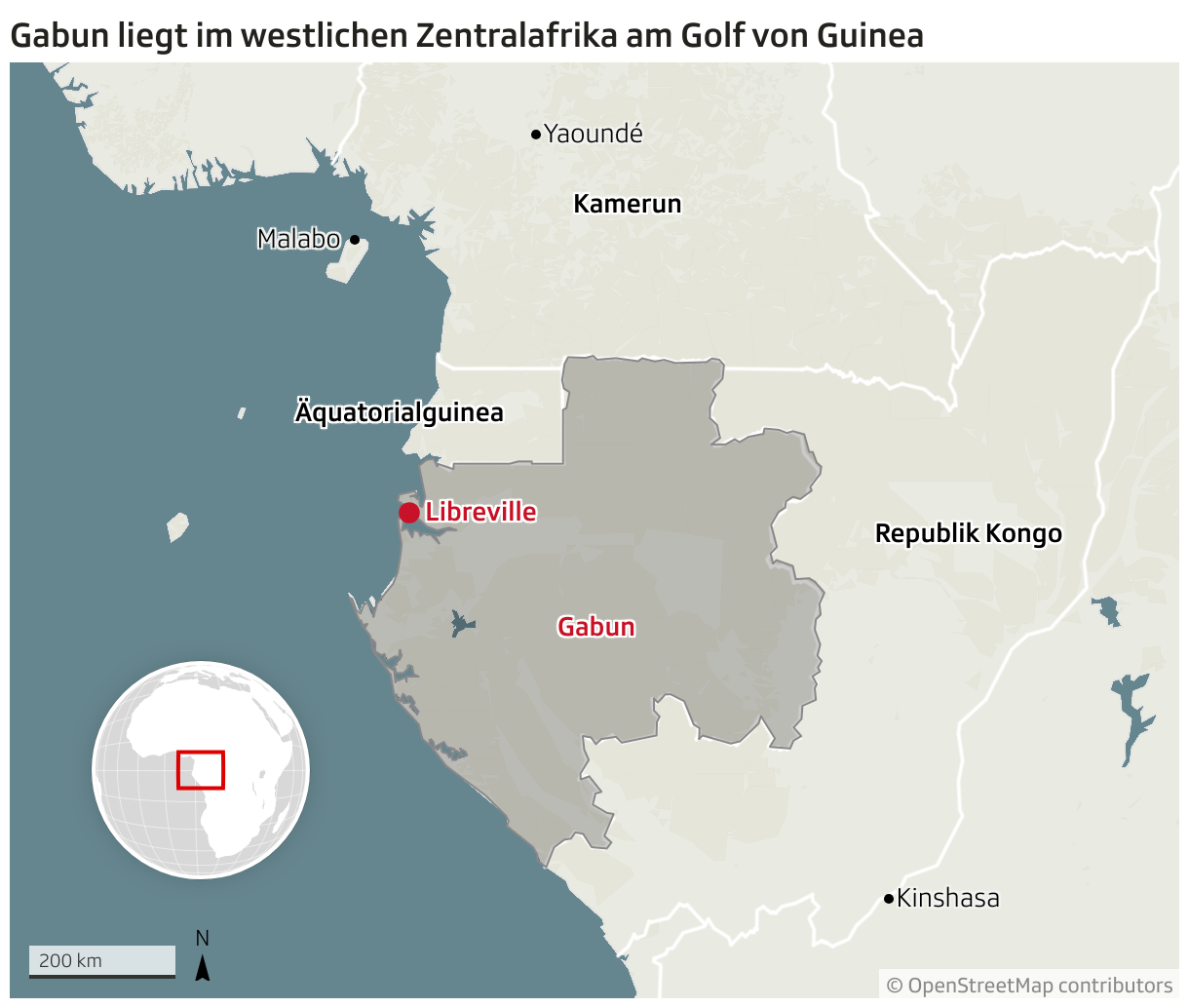Two months ago, a military government came to power in Gabon. Long-time president Ali Bongo was deposed. The new government’s goal is to hold democratic elections in 2025, it recently announced. And there have actually already been coups in Africa that have led to democratic elections in the medium term. Conflict researcher Simone Schnabel says under what circumstances this is possible.
SRF News: What does it take for a military coup to be successful?
Simone Schnabel: That depends heavily on the context. In any case, there is a need for an inclusive dialogue with the opposition parties, with civil society – but also with religious and traditional authorities who can take on an important mediating role. There also needs to be a clear beginning and a clear end, and the duration of the transition should be as short as possible. We have seen in recent years that the transitions, which were planned to last several years, have not yet led to a change of government or elections. And of course a transition also needs a clear mandate and a goal.
Are there examples of “good” coups?
In West Africa in particular, there have been coups that have acted as a corrective measure. For example, in Burkina Faso in 2014, the military seized power after mass uprisings and months of protests against the government of Blaise Compaoré. This was followed by a year-long transition, which was also determined by the military. This led to democratic elections after a year. In fact, they were the first truly free elections in this country. It remained that way until the coup in 2022. Another example is the coup in Niger in 2010. There, the president wanted to secure a third term in office, contrary to the constitution. There was a coup and there was a fairly short transition that led to new elections.

Legend:
About two months ago people were dancing on the streets in Gabon. The reason: the government had been deposed by the military. However, it remains to be seen how long the joy will last.
Keystone/byline stringers
But in both countries where coups led to democratic elections, there have been coups again in the meantime?
That’s the way it is. This raises the question of stability. In West Africa, stability is often associated with authoritarian regimes that were only stable because they repressed many representatives of civil society and the opposition.
Overall, one can say that a coup leads to political instability in the short term
Therefore: Although these coups acted as a corrective measure, they also disrupted a lot of things and led to new instability because reforms occurred and the entire state was reorganized. Overall, one can say that a coup leads to political instability in the short term. A lot needs to be redefined and redistributed.
What are the problems with a change of power after a coup?
Of course, there is often no democratic control of these transition governments. There are sometimes instances that take over parliament, for example, but of course not with elected representatives.
After the military takes power, civilian control is suspended. This is an acute problem, particularly in countries with security crises.
The transition parliaments are often determined from above and this often leads to problems as to who represents whom – even when civil society actors are represented. Another dilemma in military coups is the control of the military itself. After the military takes power, civilian control is suspended, which is an acute problem, especially in countries with security crises. This then leads to violence against civilians and human rights violations that are not prosecuted legally.
Lea Saager conducted the interview.
Newsplus, November 15th 2023, 5 p.m.; srf/lin; sm

